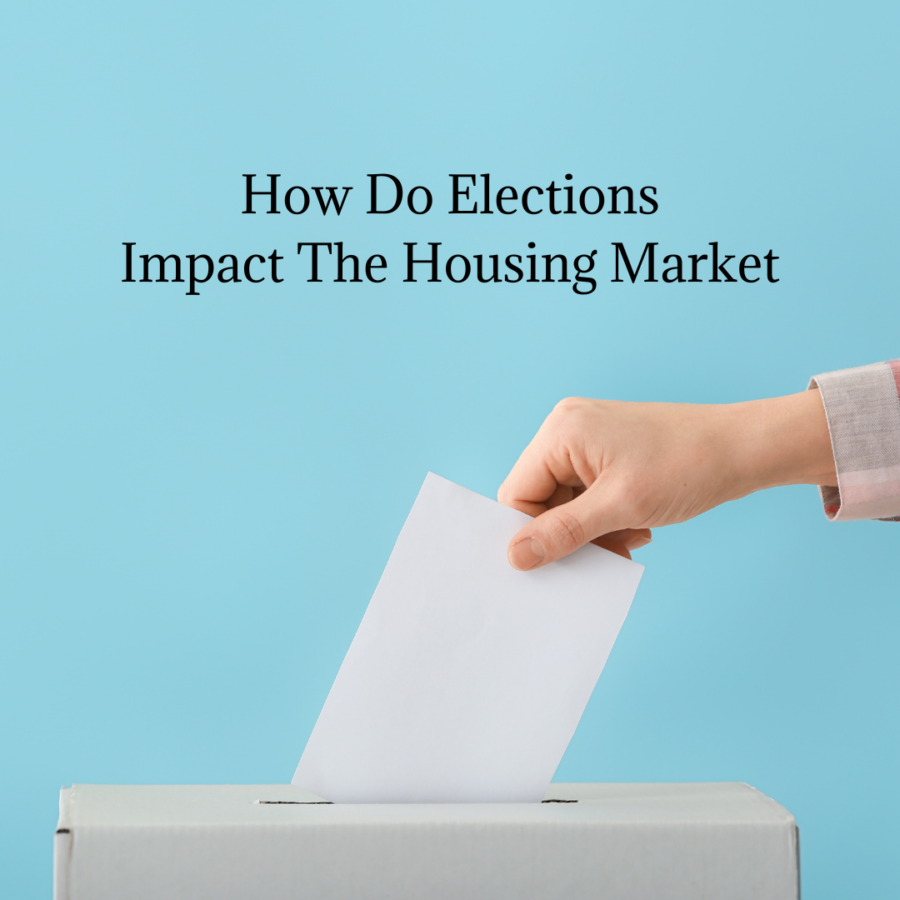Historically, elections can have a noticeable impact on the housing market. I asked ChatGPT for a list, and I think it summarized the information quite nicely.
1. Market Uncertainty
– Pre-Election Period: The months leading up to an election often create uncertainty, especially regarding potential policy changes. This can cause a “wait-and-see” approach among buyers and sellers. Both groups may delay making decisions until the political climate stabilizes, leading to slower market activity.
Post-Election Period: Once the election results are clear, confidence often returns, and postponed transactions may resume, sometimes resulting in a short-term surge in activity.
2. Policy Changes
-Tax Policies: Elections can bring new policies that affect tax benefits tied to homeownership, like property tax deductions and mortgage interest deductions. When potential changes are discussed during campaigns, they can influence buyer behavior.
– Regulation: The approach to housing regulations and lending rules may shift depending on the administration in power. Stricter regulations could reduce housing demand, while looser policies may stimulate more buying activity.
3. Interest Rates
– Election outcomes can affect broader economic policies, including those related to the Federal Reserve. Changes in interest rates, either due to direct policy shifts or market reactions to the new leadership, can influence mortgage rates, which are critical to housing affordability.
4. Consumer Confidence
– Partisan Influence: Different parties may have different approaches to the economy, and the perception of economic health under each candidate can influence consumer confidence. High confidence in the economy can drive home purchases, while low confidence may suppress it.
– Job Markets: Housing markets are also tied to employment levels. If election results suggest policies that could positively impact jobs, home-buying activity may rise.
5. Local vs. National Elections
– Local elections, especially for city councils and mayors, can have a more direct impact on local housing markets through zoning laws, development projects, and property taxes.
– National elections tend to affect broader trends like mortgage rates, tax policies, and regulations.
Historical Trends:
– 2008 Financial Crisis: The 2008 U.S. presidential election occurred during the housing market crash, and policies following it were focused on market recovery.
– 2016 Election: Post-election, the market saw a slight slowdown, with concerns over interest rates rising. However, demand increased as the administration’s policies led to economic growth.
– 2020 Election: COVID-19 played a significant role, but housing markets remained strong, supported by low mortgage rates and high demand for suburban living.
Elections add a layer of unpredictability, but their long-term impact usually hinges on the actual policy changes that follow.


